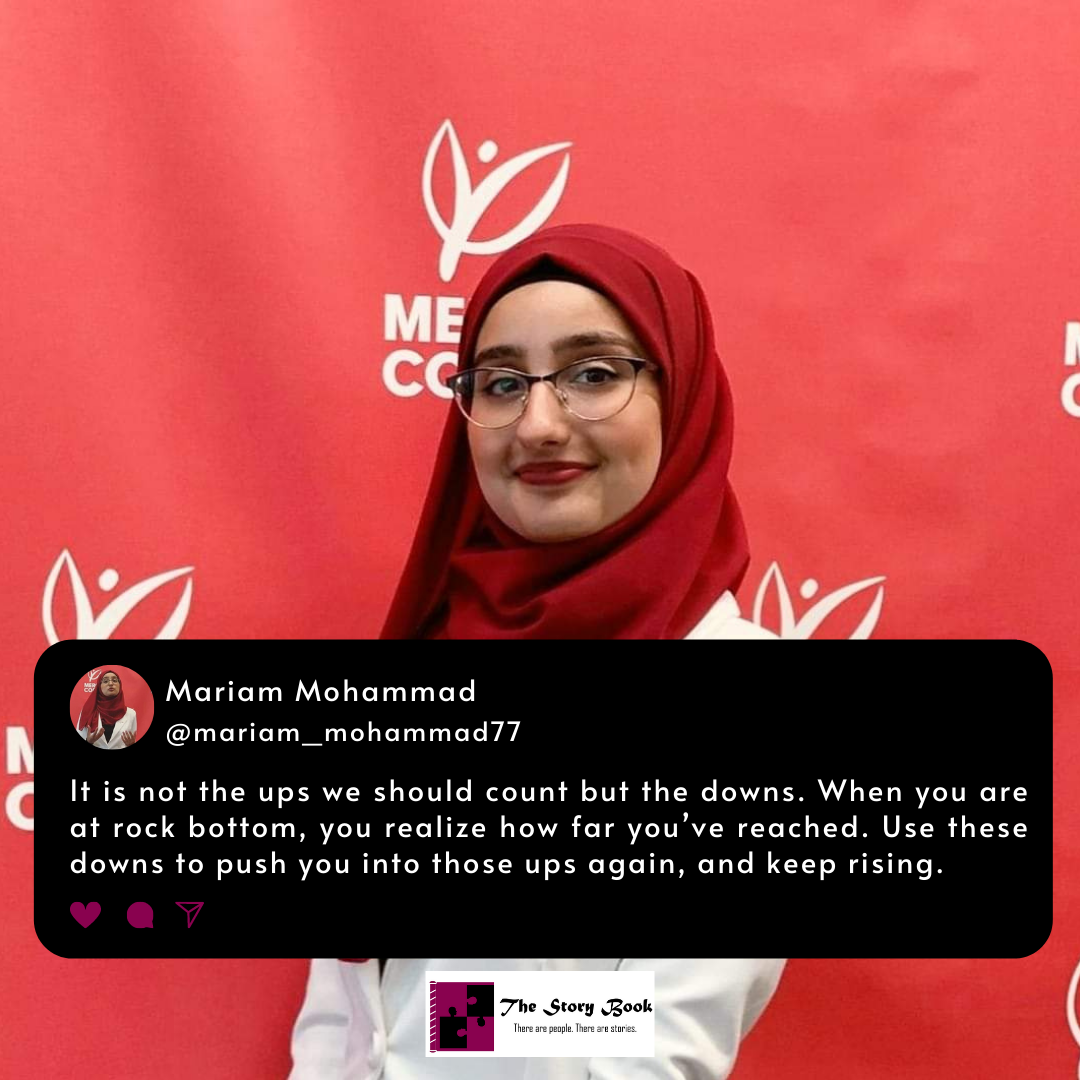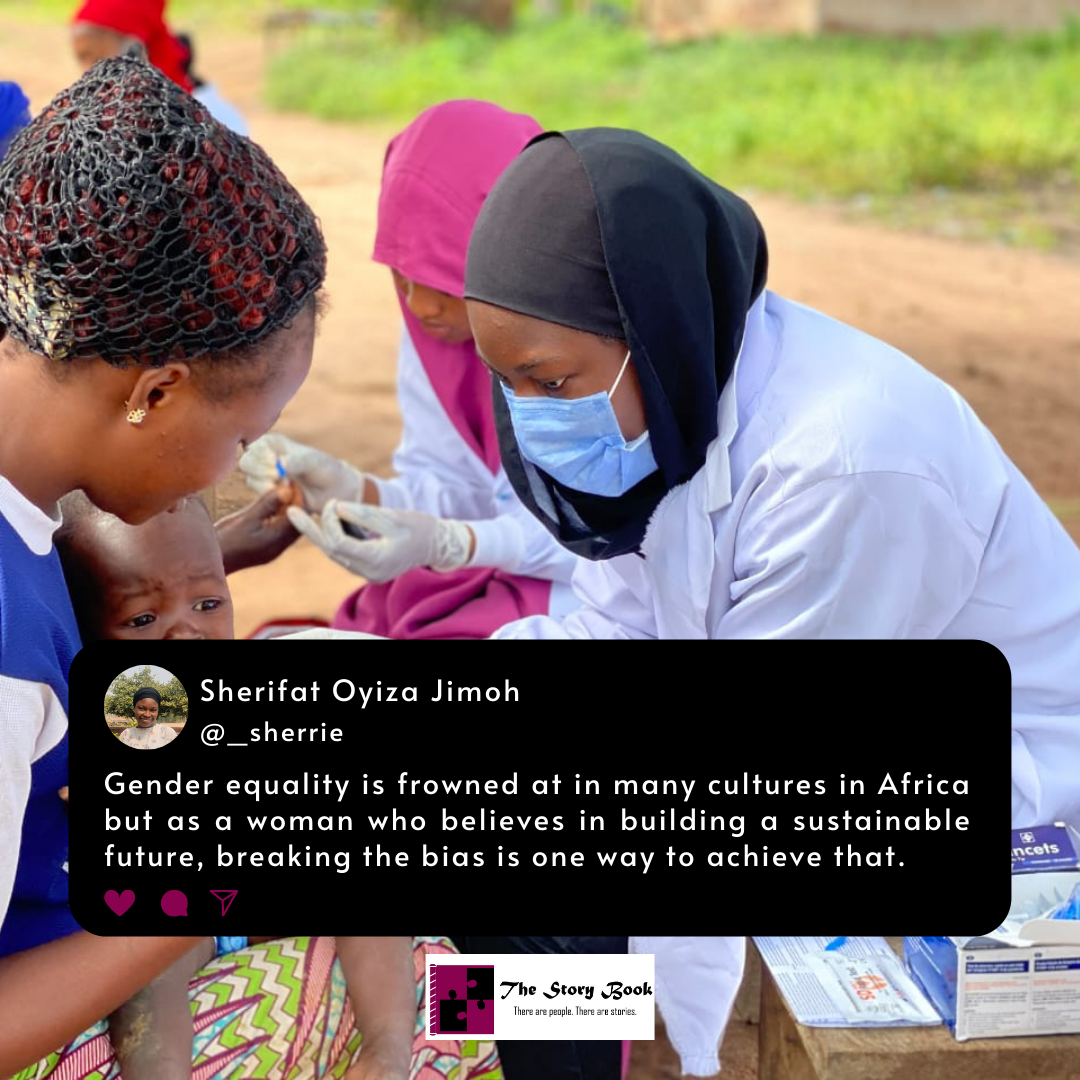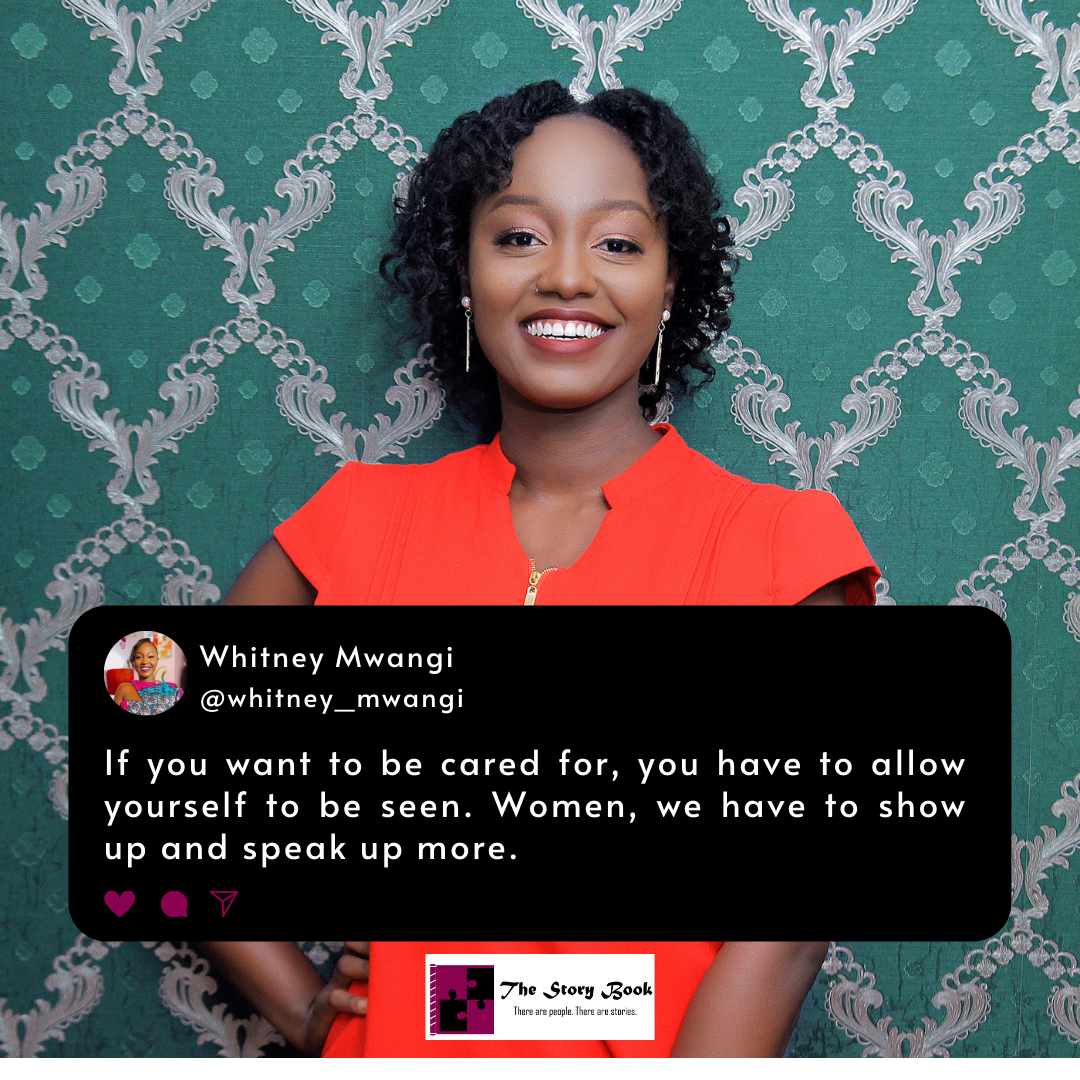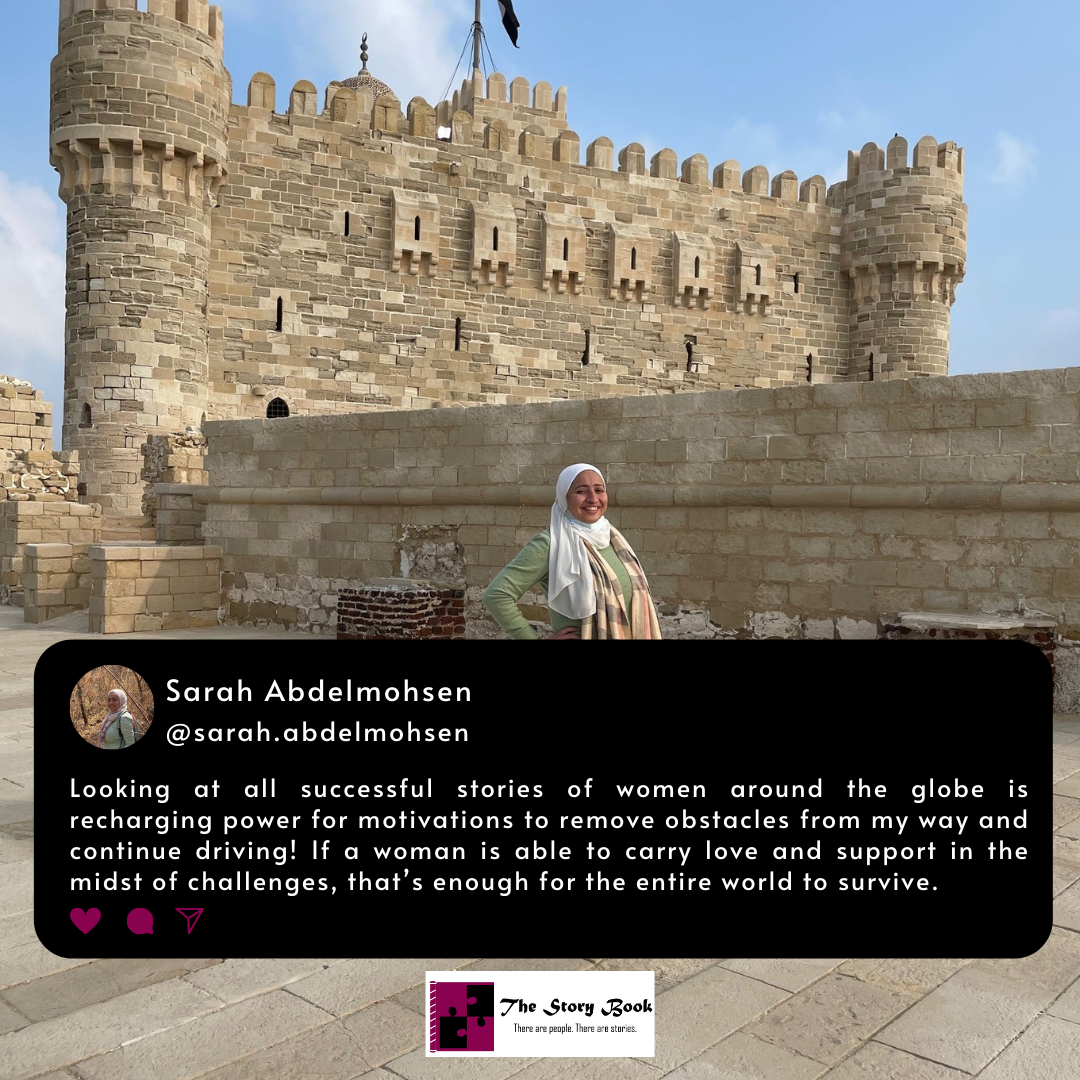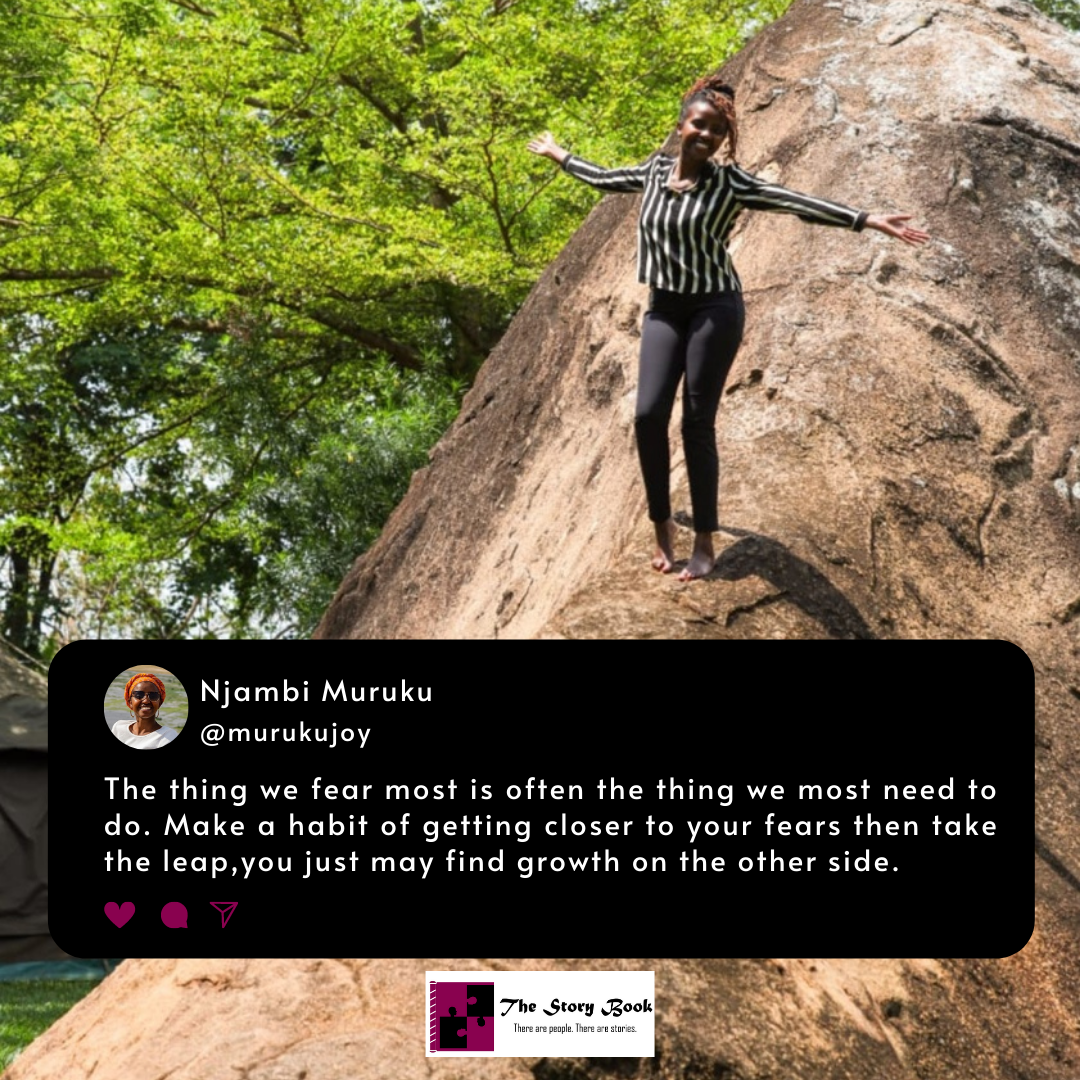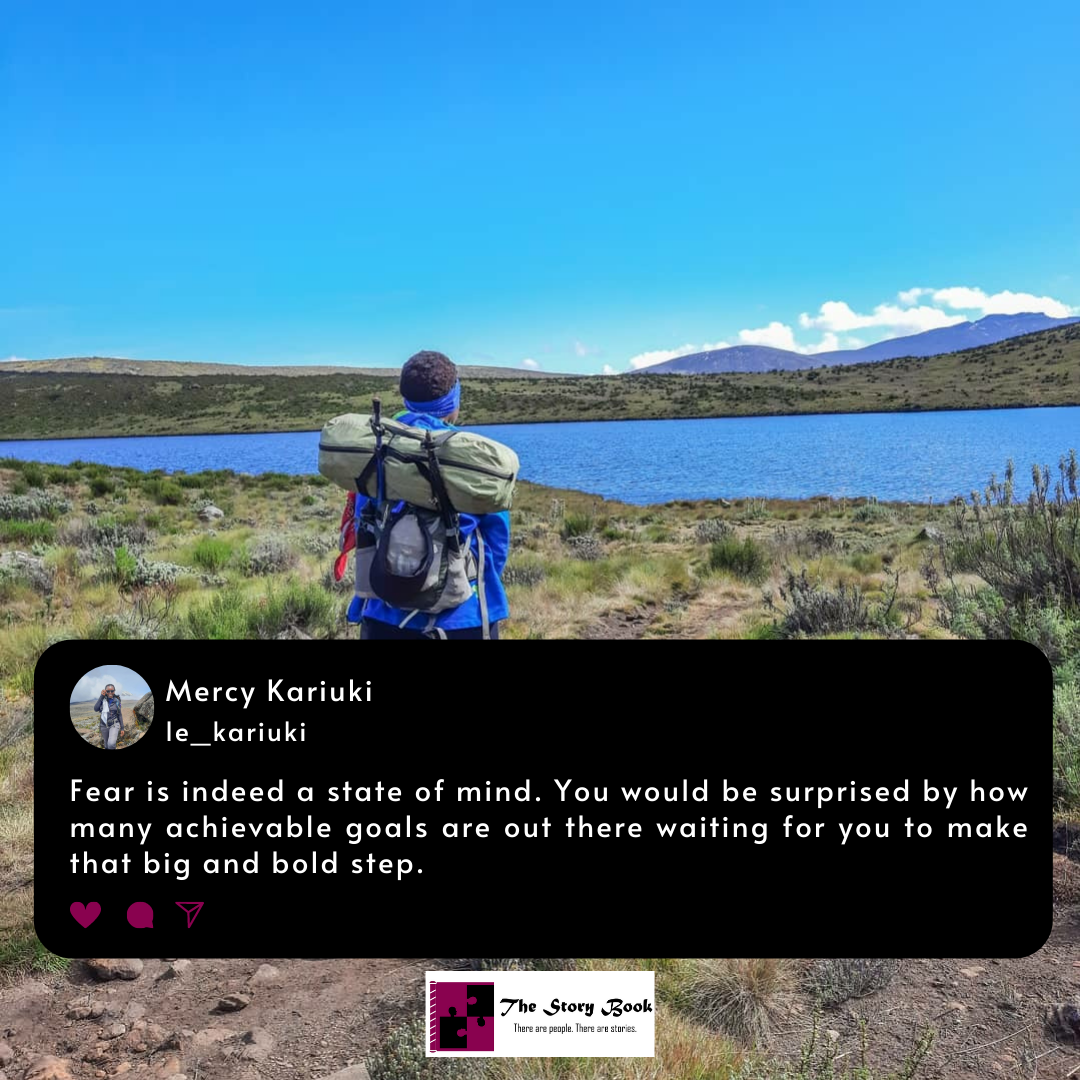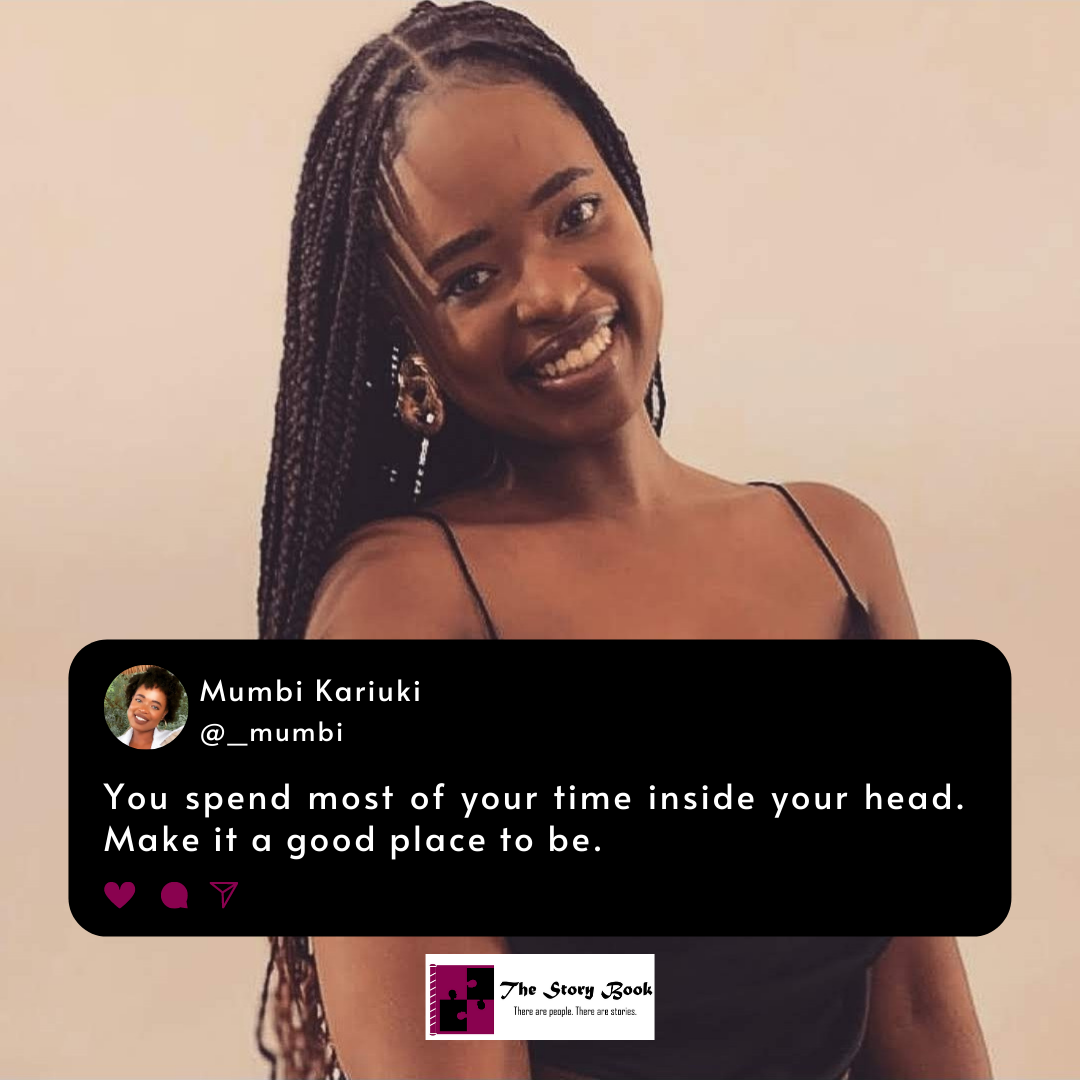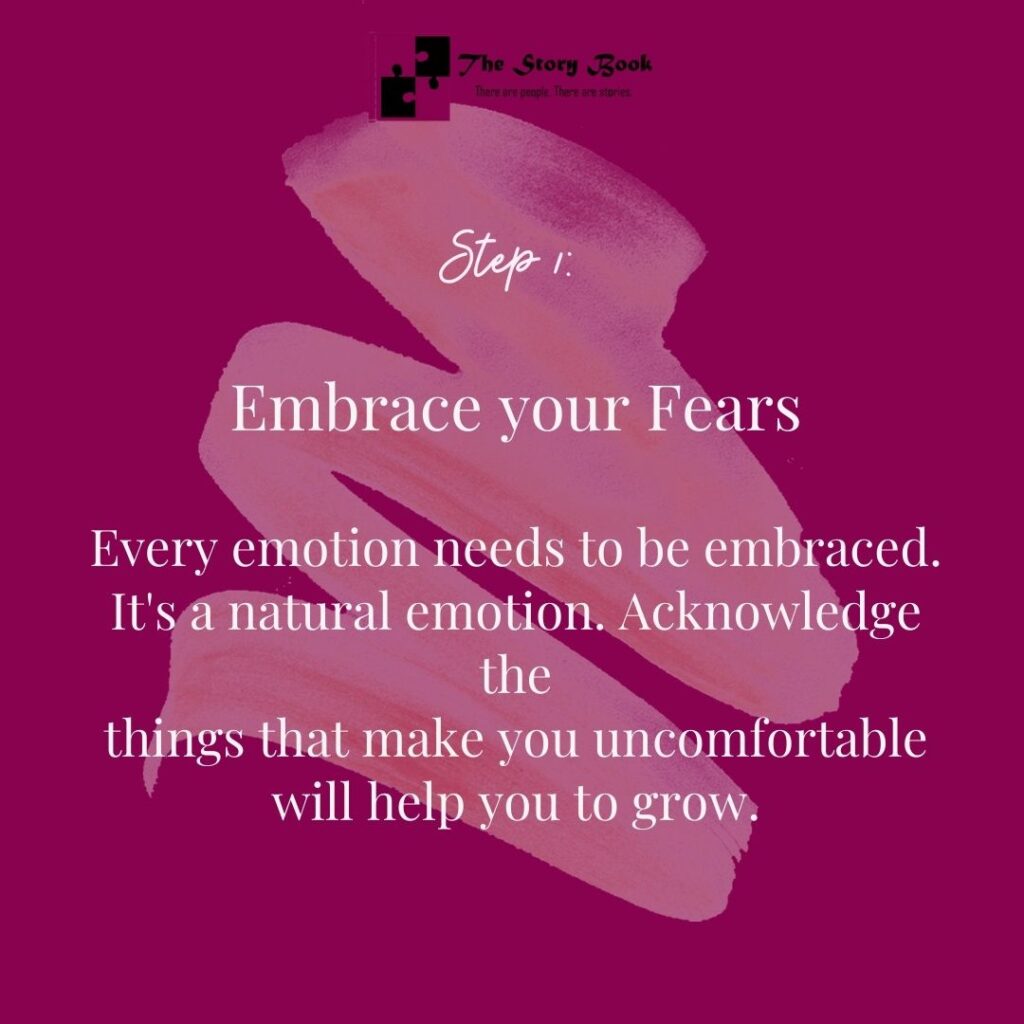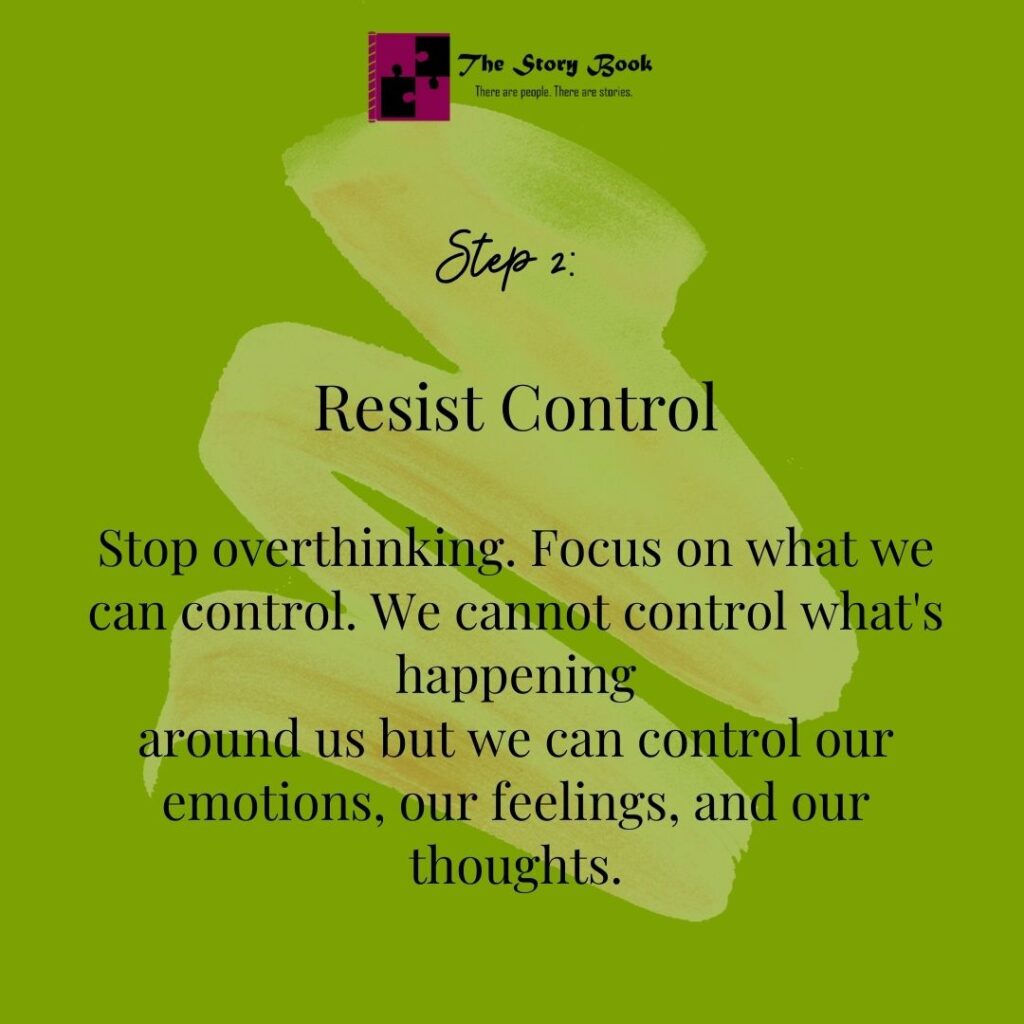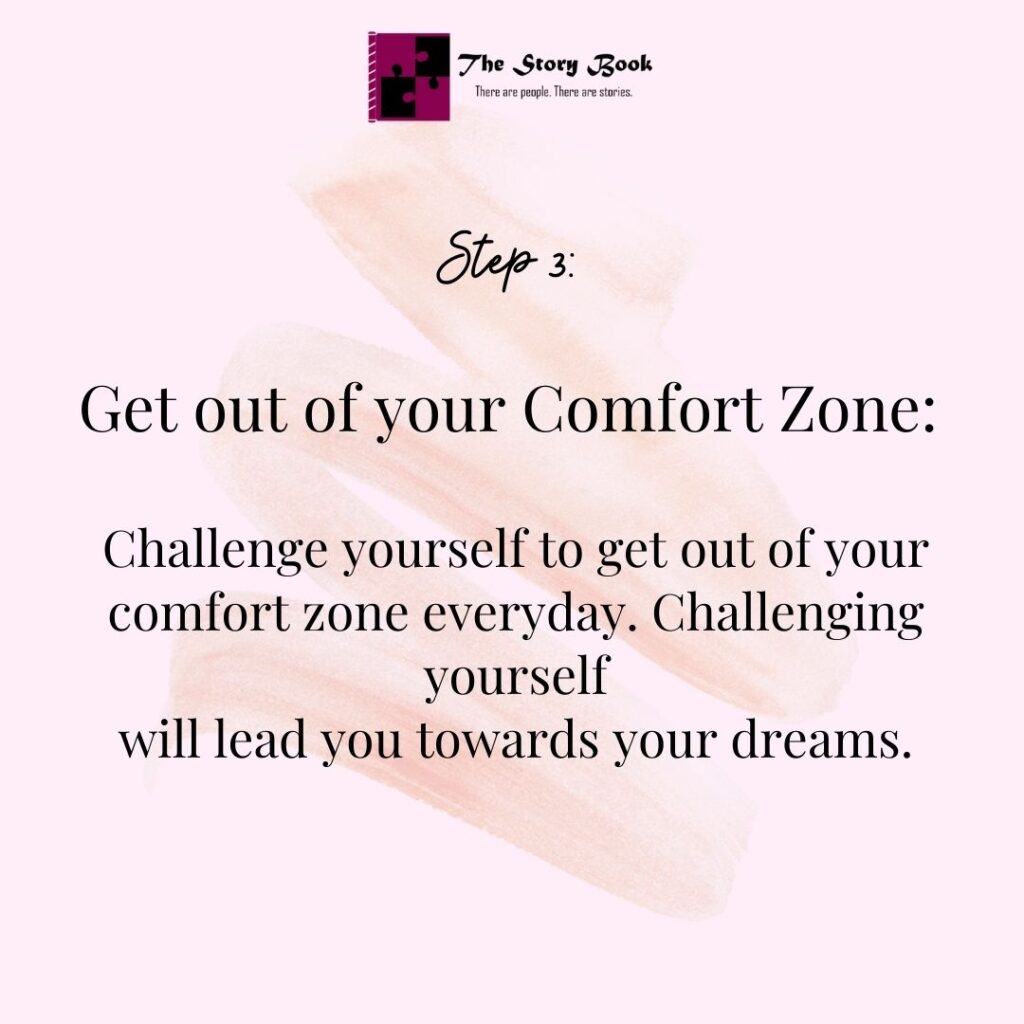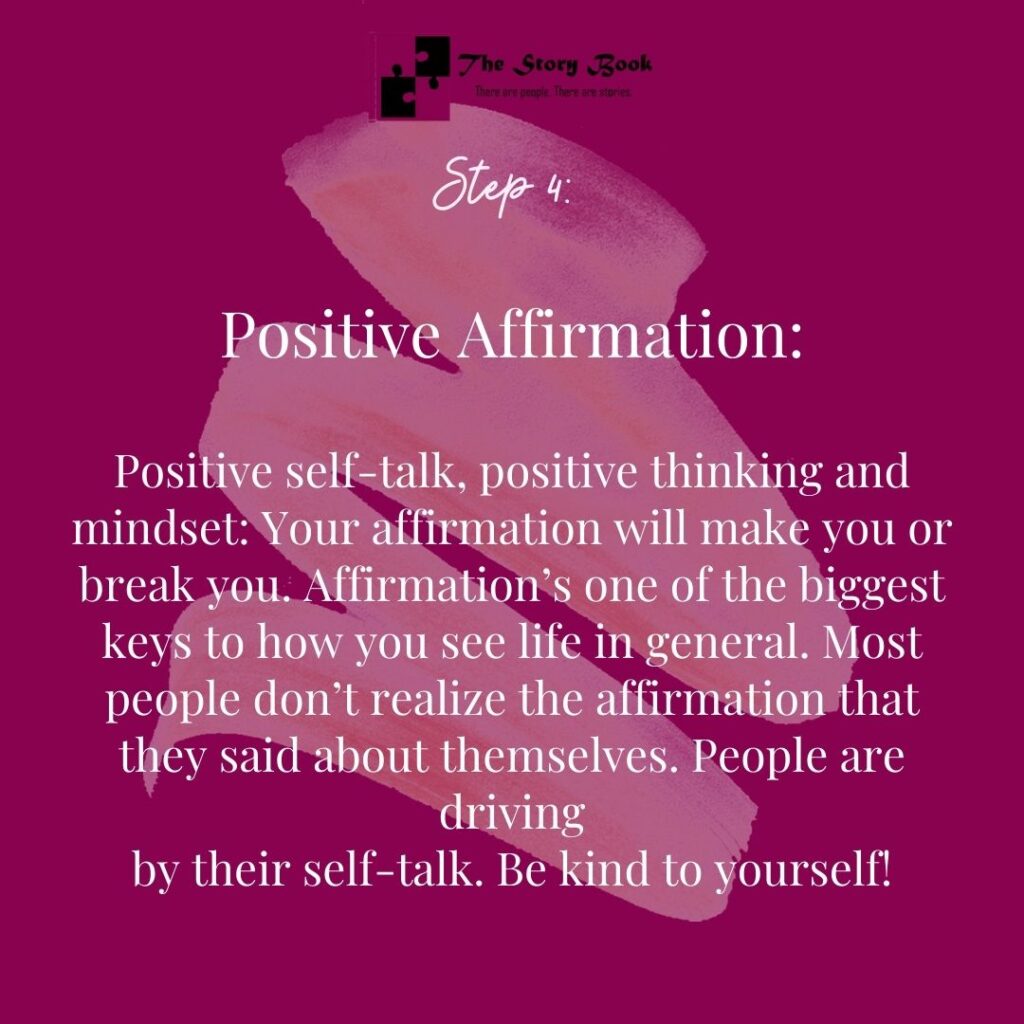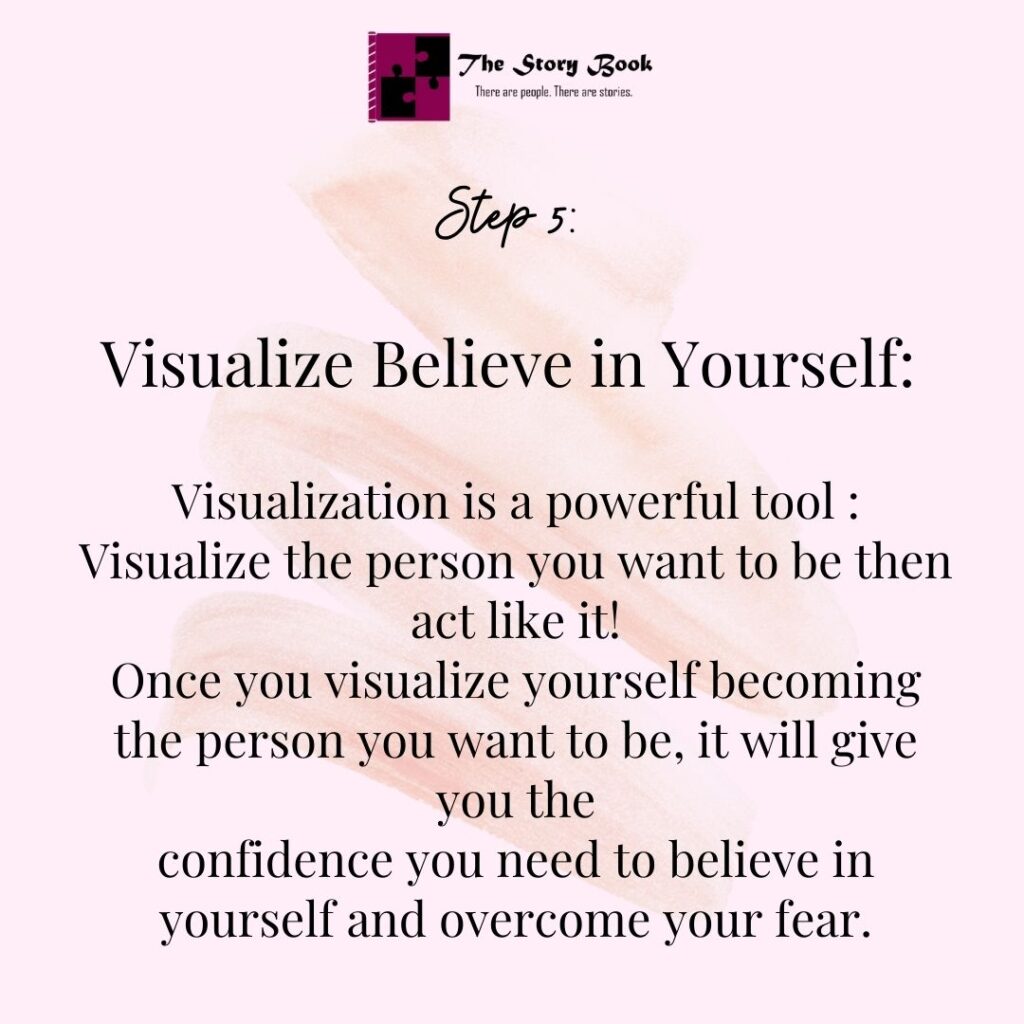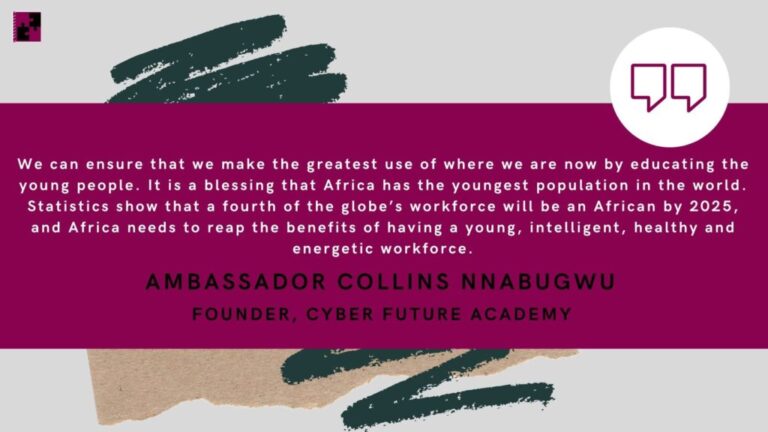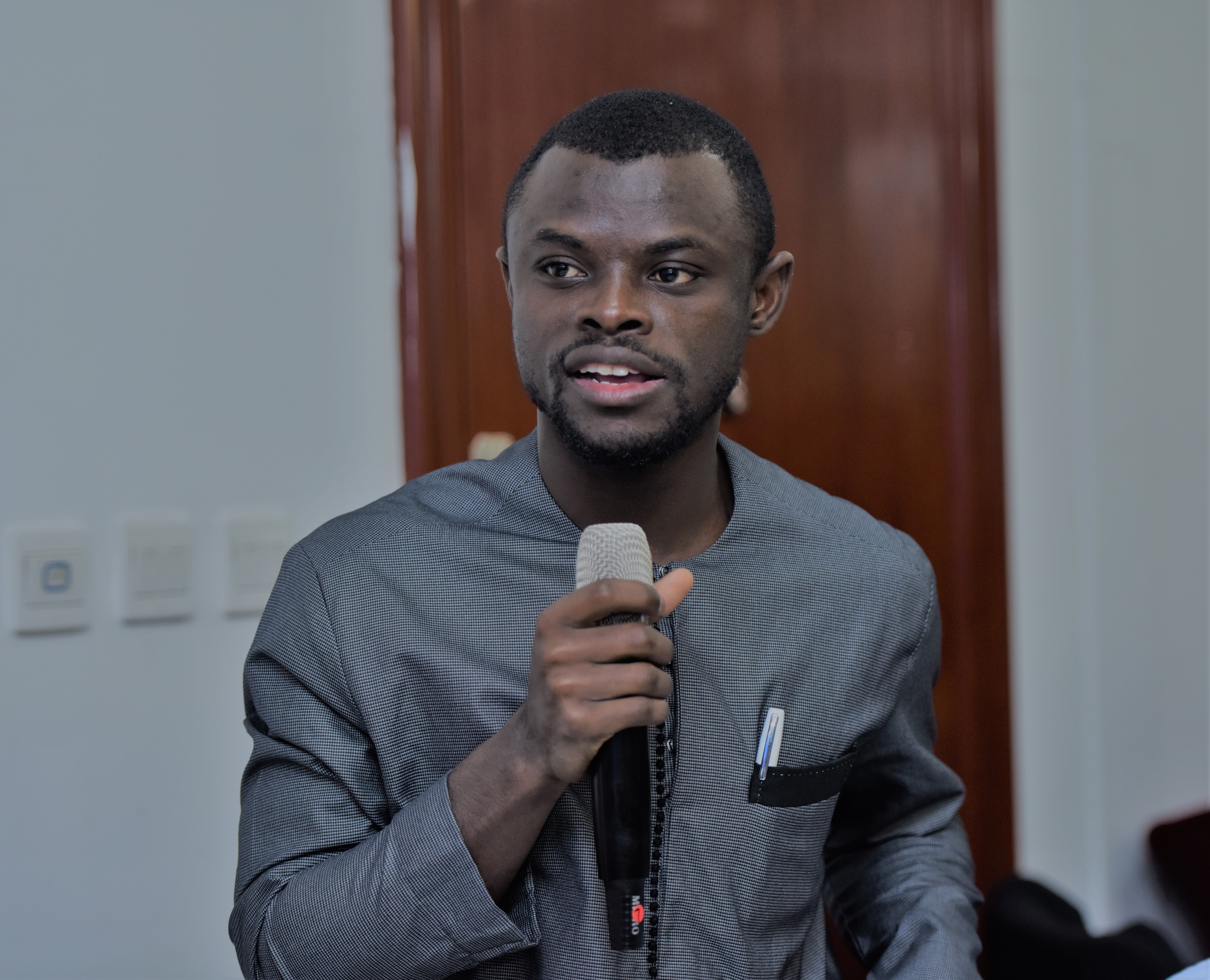By: Lewis Momanyi
The biggest innovation in human history is realizing that human beings have the ability to alter their life by altering their thinking.
In Robin Sharma’s book, The Monk Who Sold His Ferrari, it says that “The quality of your life on earth will be measured by the quality of contributions you have made to other humans lives. It doesn’t matter how big your house is, or how silk your car is, the only thing you can take with you at the end of your life is your conscience.”
Growing up in the village in Kisii I knew I had a purpose in life. Like every child, I had big dreams, big ambitions and aspirations in life. I remember when I was in fourth grade, our class teacher asking us who we wanted to be in future. As expected, many said they wanted to be Engineers, Doctors, Pilots but I remember saying I wanted to be a Chief Executive Officer (CEO). When the teacher asked me why I aspired to be a CEO, My answers were simple; I wanted to lead people and bring out the best in them.
The teacher was amused and he told me something which inspired me till today; To be a CEO you need to have Integrity, Have Leadership qualities and Read Extensively. Those words sparked my ears and I vowed to follow my dream to be a CEO one day by following those three components he mentioned. I started by branding myself with the tagline the “CEO Next Door”. This was to inspire me each day I woke up to remember my aspirations in life. I read and researched extensively on every stage as I knew this was the key to becoming better in the environment that I was and always took up opportunities to lead teams whenever I had the opportunity, the end game being, to learn and to improve on my leadership qualities.
Due to my passion to empower and inspire I started a mentorship program to mentor other youths under the umbrella of Aspire for humanity initiative Kenya. Through my mentorship programs, I was appointed a board member at Abraham Lincoln Youth Initiative and at Fresh cut Foundation East Africa. Through that journey of engaging the youths, I leant that many youths did not have a reading culture as they only read to pass exams.
Why do we have a bad reading culture?
I started by asking myself the question above as it could inform my search for solutions.
My country Kenya is considered to be among the countries with highly educated population in East Africa. According to Africa Economist, Kenya has a literacy level of 85% which makes it the fourth country with the highest literacy levels in Africa. India is the world leading in the number of hours spent in reading per person which stands at 10hours and 42 mins. The introduction of free primary education in Kenya is an indication of the passion we have for education especially for our children which made me question on why we still have a bad reading culture in a country that embraces education as the key to the future to our kids.
I also noted that many youths especially those who have finished university were taking more time on newspapers. This was due to unemployment where others were looking for jobs while others could perceive that many youths are interested in the present not the future. Majority of the youths are interested in the day to day happenings from politics to trending topics of the day and that justifies why they prefer newspapers. I noticed that those are the same ideologies that makes the youths love twitter.
In some instances, I noticed many travel agencies organizing for vacations or retreats. The worrying trend was that despite a vacation being a place to go and relax your mind, very few people were going with books to improve on their knowledge. The travel agencies also playe a key role as very few organize for reading retreats. That implies how we don’t value the reading culture.
To a more worrying trend was that, l noticed that almost 90% of books are only being sold in Nairobi central business Unit. If you visit other counties you will be surprised that you will not find even a vendor selling books as they perceive it as a non-profitable business as majority of the population don’t buy the books to read. I noted that very few county libraries were equipped and the bookshops based on those counties were only selling those books approved for curriculum in schools since they were in business of profitability not impacting knowledge.
We can blame the society for not playing a critical role in promoting a reading culture, we might as well blame the teachers for not inculcating a reading culture at a young age to many in schools, but the decision lies solemnly in us. We are in this state, what are we doing in our individual capacities to ensure that we are changing this narrative? When dusk turns to dawn and in the final analysis, we take full responsibility as individuals.
My initiative;
I vowed to take the lonely journey of ensuring that I drive out illiteracy in my own capacity from my initiatives.
The first approach I started was to gift my friends with atleast one book during their birthdays. At first it seemed odd as I realized many of my friends did not take it positively. Others could read and while others after receiving the books, they could put them in the book shelves never to read again. That did not discourage me from my cause, I knew that to reach my goal I had to start from somewhere.
In that journey I joined many book fairs, Readers guild, met many stakeholders with the aim of looking for ways to encourage the culture of reading.
Last year when I was doing analysis of the books I had issued out, I realized I had issued more than 3000 books to my friends on their birthdays. That is when I decided to change the approach.
With those 3000 books, I could have had a fully equipped library where youths can access this books for free after registration to be members of the initiative.
With this in mind, I started an initiative to have 47 fully equipped libraries in all 47 counties by 2025. This will assist in improving literacy and make us be a reading nation. So far we have collected over 500 books towards the project.
Remember a reading nation is a thinking nation. When we have many readers, we will have the inherent capacity to meet challenges that we face as a country as we will turn them to opportunities.
Food For Thought: Many Kenyans have birthdays every day, what if each of us bought at least two books on their birthday and supported this cause? How many books will we have to be accessed by those who are unable to buy them? This is one way you can support the cause.
In this Dispassionate pursuit of passion, I hope you will all support this journey of embracing the reading culture. It is never too late, if you think you are too old to read, remember you have the power to change the younger generation.
If #COVID-19 has taught us anything, it is that life does not always go according to plan. The unprecedented levels of change we have been experiencing on a global scale over the last few months have been an emotional rollercoaster on a personal level too.
Lockdown, in particular, has had the effect of making many of us review and reassess our priorities. Against the backdrop of anxiety experienced due to the pandemic ‘out there, we have had to slow down at home, giving us more time to reflect on life choices past, present , and future.
During this lockdown, many people have reported personal insights that have shaped how they want their future to unfold that is different from before. Keep an open mind and take advantage of the opportunities present for personal growth.
In this context, the Story Book ran a campaign, collecting stories from youth in Africa who, during the lockdown, have identified a habit, pattern, person, environment, etc., and their journey through #packingitaway to create space for personal growth and development. We selected two winners who got gorgeous leather bags from Kamandora Designs.
Here’s a video from Mercy and a story from Lewis is linked below it. Enjoy:)
Dispassionate pursuit of passion- Embracing A Reading Culture
“The biggest innovation in human history is realizing that human beings have the ability to alter their life by altering their thinking” -Lewis Momanyi
Read Full Story : https://thestorybook.whitneymwangi.com/dispassionate-pursuit-of-passion-embracing-a-reading-culture/
Happy International Women’s Day! This year, we hosted Amandine Siita, a phenomenal life coach and youth advocate from Cameroon and had an insightful chat about how to overcome fear. We are striving to make as much visual content as possible so we can connect better with you. So here is a snapshot of the lessons she shared. Happy Reading 🙂
In recognition that every generation begins with a woman and what an honour it is to be a woman, we also took a stand with seven powerful African women who #choosetochallenge various life challenges and bad habits every day. See what they had to say and join in their journey of inspiring fellow women and girls in Africa by sharing with us what they #ChooseToChallenge : https://www.instagram.com/thestorybook_ent/

Mr. Collins Nnabugwu is a Social Entrepreneur, Technology Innovator, Empowering Speaker, and the founder of Cyber Future Academy The Academy is shaping the Future of Education and work by providing new learning insights that particularly focus on the STEM and ICT skills critical to our youth’s future development, and create new jobs in fields such as AI, VR, Data analysis, software engineering etc. The long-term goal is to build and promote digital creators, disruptors, designers and business moguls.
Ambassador Collins works towards developing Africa, uniting the Diaspora and improving Africa’s and integration in the International Community. He is responsible for promoting partnerships and business developments that are fostering tremendous growth throughout the African Continent and improving Nigeria’s Economy and Tourism potentials.
He is the Founder of the Organization for Leadership and Strategy Development (OLSD), an organization dedicated to instilling leadership and entrepreneurial skills in African youths. Ambassador Collins is the president of African Youth Diaspora Organsation (AYDO), board member of World Youth Summit; State Of African Diaspora (SOAD); organsations promoting African diaspora affairs. And he is coordinating efforts to the hosting of Door Of Return – Nigeria 2020 (Biggest Diaspora homecoming event).
Collins Nnabugwu is the CEO of Atlanta-based tech startup, Click Media Technologies (CMT), multi media streaming and production company providing solutions GAMIFICATION, Software Development, Animation, Robotics, Artificial Intelligence (AI), as well as Augmented Reality (AR) and Virtual Reality (VR) technologies.
Collins has gained unparalleled experiences while working for the Silverbird Group, a media conglomerate composed of a large network of Television, Radio, Cinemas, Pageants, Real Estate and divers entertainment outfits owned by the Ben Murray Bruce family.


I am Cynthia Nyongesa, a 24-year-old Kenyan youth advocate.
About three years ago, I discovered my love for Communication and empowering the youth through story-telling. At this point, I was pursuing a Law Degree. The comforting factor was that a lot of my coursework an advocacy-related angle – for example, Media and Law, Human Rights and more. However, the nudge to work with young people was persistent from within. I wanted to change the narrative about communities and the things I was seeing while working with the youth.
Later, I began to reach out to youth-oriented initiatives and programs seeking their support in mentoring the youth knew. I would make cold pitches to organisations and CEOs on Twitter or via email. This went unanswered 99.9% of the time but one day, Equity Group Foundation responded.
I was called for a meeting to pitch my work with the youth and later given the opportunity to be a volunteer in the Foundation’s Wings to Fly Scholarship Program. My role was to mentor the young scholars under the program. Being a young person, this was something I could easily relate to. I was 19 years old at the time. Through this opportunity I told stories that propelled me to my next opportunities.
One time, when skimming through Instagram, I saw a post from a friend requesting her followers to check out her blog. I became curious about blogging, and when I realized that it could be a great avenue of channeling stories about the youth, I decided I would start blogging. A friend helped me set up the blog in 2016.
Later that year, I was invited to write about infrastructural development during the State House Summit on Infrastructure. First time in State House: Big moment for me! I kept going, improving my craft and here I am today as a youth advocate in UNICEF Kenya playing a key Youth Communications, Advocacy, and Partnerships role. Through the two years I have worked here, I have been encouraged by how I am able to put my talent into more constructive use and reach a wider audience.
I still work towards inspiring young people to start their own programs by featuring established and influential leaders for inspiration. I have featured:
Gina Din, Strategic Communication and Public Relations Mogul; Sylvia Muturi, Founder of Deafine through which she empowers the deaf; Kamal Budhabhatti, CEO of Craft Silicon; Siddharth Chatterjee, UN Resident Coordinator in Kenya; Sitawa Namwalie, an award winning Kenyan poet, playwright, writer and performer. When the youth see that I can reach these successful individuals they see that it is possible.
I am also deeply inspired by the outcomes of the powerful stories I get to tell. I once interviewed a young man who was at the time the only one in his village to get university education through the Equity Wings to Fly Scholarship program. In his free time, he tuition the children on their school work to improve their grades. Someone saw the story and donated papers so he was able to set up his first exam.
I also featured the story of a young lady advocating for end of female genital mutilation (FGM) in Garissa. I guided her through submitting her essay to the World Bank Blog4Dev Competition in 2018. She won and shared her experience on a bigger platform in Washington DC.
Cynthia Untamed: How did you come about this title?

It took me nearly 6 months to come up with this title. I was previously blogging about my own experiences and my audience did not consume it as I intended based on the kind of questions they asked – some even questioned if it was my experience. I wanted the blog to be mine but reflect the voices of the youth. In addition, our generation does not want to see boring things so I wanted a catchy name. I came across untamed on Google and it resonated with the narrative I wanted to push: Determined, resilient and not limited by either experiences or challenges. I believe this title and what it brings on board creates diversity and to a great extent, an enabling environment for sustainable opportunities for the youth.
When was the last time you had a moment of self-doubt how did you get back up?
I am currently also the Youth Ambassador for Generation Unlimited in Kenya. When I was appointed, I started asking myself if I was right person for this grand advisory role: If I had the right skills and if I should even take up the role. I confided in some friends who encouraged me to go for it because there is no telling where it would lead.
I was recovering from a previous low moment I had about three years ago when I applied for the World Bank Blog4Dev Competition and did not win. I was so disappointed, hurt and felt like a failure. However, through this experience, I have met people who have mentored and encouraged me out of the frustration. Others extended new opportunities to me which allowed me to shift focus to what lay ahead of me. For example, despite not winning World Bank’s Blog4Dev Competition, I occasionally get called upon to be a part of youth-oriented World Bank events. When I meet people who believe in me, I am motivated to keep going and give my best. I have seen that every time I give my best, the repercussive events yield good results.
There is a 23-year old who looks at you, your social profile and admires your path. What 5 things would you tell them:

- Put God first. God will guide us but He will not walk around holding our hand. He will do it through people. Even the mentors I have, I have never approached anyone. They approach me but you always have to pray that God brings the right opportunities to you.
- Challenge yourself to do something new. I studied Law but now working in Communications without the academic background has not been easy. I saved money for a photography workshop in Rwanda where I conducted a story project in a remote area in Kigali, where they did not speak English yet successfully learnt the skill.
- Learn to celebrate others and be genuinely happy for them. You do not know what someone has been through before they reached where they are so just appreciate the people ahead of you.
- Encourage others. I have found myself in situations where I would never have gotten through on my own. People helped me out and not by giving me money, they just held my hand. Encourage the people behind you and try to understand where they’re coming from.
- Find reasons to be happy. Choose to be in positive spaces. When I see a skills event relevant to my interests, I show up. Life does not always present bright days but we should find joy anyway.
What is the one achievement you’re most proud of?
Cynthia Untamed. It is who I am and what I want to achieve – enabling young people to have their voice heard.
Pen and paper in front of you: Jot the one aspiration that you hope to attain yet scares you out of your wits. My ultimate goal is to be a Brand Ambassador for an initiative that seeks to change the life of the youth in Africa. I would also love to have a TV show of my own. I also look to advancing my career in advocacy so that I am able to talk to people and transform lives through story-telling at a global level.

Musa Frimpong is a distinguished Global Citizen and African child born in Nkwanta (a small town near Asante Mampong), Ghana, an International and Youth Development Practitioner. His work spans many human, community and organizational development disciplines including education, leadership, nonprofits, talent and human capital, coaching, entrepreneurship and innovation. He is currently the Founder and CEO of DUAPA Africa Group, headquartered in Accra, Ghana with a branch office in Beijing, China and working with several global partners. Musa is also a Co-founder, Board Chairman and former Executive Director for Youth Without Borders Ghana and an Alumnus of the African Union Youth Volunteers Corps program, former President of Kwame Nkrumah University of Science and Technology (KNUST) Peer Counsellors group, first Chairperson of Planned Parenthood Association Of Ghana (PPAG)’s Youth Action Movement, KNUST branch and former Ghana Muslim Students Association (GMSA) national executive





